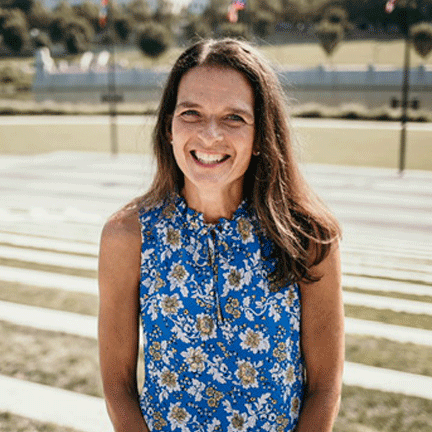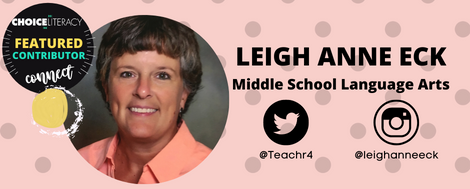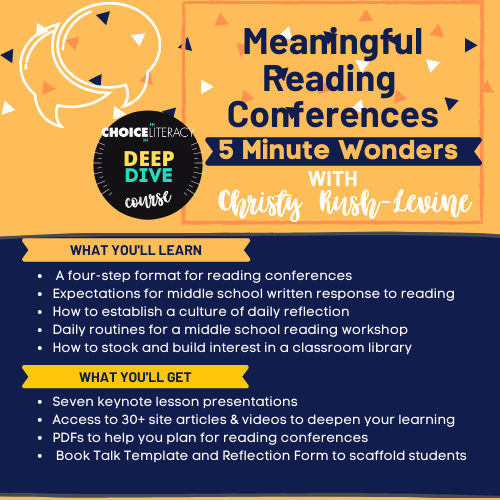You may have to fight a battle more than once to win it.
—Margaret Thatcher
[Now you can listen to the Big Fresh as a podcast.]
It Can Be Overwhelming; It Can Be Joyful
It was the last week in July, and my oldest daughter was moving home for three weeks. I couldn’t wait! When she arrived with fewer piles than usual, I was pleasantly surprised. My garage wasn’t full of apartment furniture, and bags of bedding and clothes didn’t invade the first floor of our home. This was going to be an easy move, because she was using a U-Haul POD to help her move across the country.
Yet she still brought piles. There were large plants in the living room, and clothes and shoes from the laundry room to the kitchen table.
I find piles overwhelming, and decided to put on blinders.
More piles started forming. My youngest daughter was preparing to leave for her freshman year of college. We had been shopping for weeks to prepare, and her piles had been organized in the basement. It was an excellent coping plan—out of sight, out of mind. Then her piles started surfacing in the main living areas of the house, joining her sister’s piles on the first floor and expanding to the second floor.
Even though it all made sense—she was preparing to move to campus—the piles were growing, and the feeling of being overwhelmed crept in.
When my middle daughter returned from traveling in Paris, she brought more piles, which expanded into piles and piles and piles as she turned to packing for her senior year on campus. Our house had piles upstairs, downstairs, and all around!
It seemed that piles invaded every part of my life. The girls weren’t the only ones with piles. I moved six pallets—my entire classroom of 20 years—to a brand-new elementary school. My daughters all rallied and offered Mom-moving-schools support by creating piles in my new classroom. I was overwhelmed. I’ve opened a new school once before. I’ve changed grade levels over the years and moved classrooms. I know that piles are part of the process.
One night while everyone slept, I organized pile areas based on who was moving first. Putting some order in place eased my mind. I decided to be grateful, because having the piles meant our daughters were home. Piles are joyful became a silent mantra.
As I pulled piles into order, I realized it is true. Piles are joyful and piles are overwhelming. The same is true when transitioning from summer to school. It can be overwhelming; it can be joyful. It’s okay to feel two very different emotions at the same time. I’m finding that this school year, being overwhelmed and being joyful are here to stay. The best thing we can do is to keep pulling the piles, the small joys, close to our hearts.
This week we look at adolescent readers—plus more, as always.
Shine on!
Mandy Robek
Mandy Robek has been teaching for over 20 years. She has taught kindergarten, first, and third grade, and currently teaches second grade, where she finds guiding readers and writers fascinating. Mandy has degrees from the State University of New York College at Buffalo and The Ohio State University. You can follow Mandy at her blog Enjoy and Embrace Learning, on Twitter @mandyrobek, and on Instagram @mandyrobek_edu.
This month’s featured contributor is Leigh Anne Eck. Leigh Anne teaches sixth grade at George Rogers Clark Middle School in Vincennes, Indiana. She is passionate about connecting her students with books and helping teachers believe they are writers. She shares her reading, writing, and teaching life on her blog A Day in the Life and on Twitter @Teachr4.

Join the Choice Literacy Book Club! Leigh Anne Eck selected the young adult novel Enduring Freedom by Jawad Arash and Trent Reedy as our October read. Grab a copy, and join the conversation using the hashtag #ChoiceLiteracyBookClub.
Ruth Ayres and Leigh Anne Eck discuss this week’s theme, secondary readers, on the podcast.
Adolescent learners can face daunting reading loads in high school that they need to tackle at home. Jen Schwanke has tips for how teachers and parents can work together to help teens develop strategies for dealing with a lot of complex reading quickly.
Tara Barnett and Kate Mills lead virtual parent book clubs to foster more home/school connections and build a love of reading outside the school walls.
Don’t miss our downloads! Christy Rush-Levine emphasizes “reflaction” in her reading conference protocol—reflection that leads to action for her students. Download the Reflaction Form to use with students.
If you enjoyed Christy’s article and download, make sure to check out her Deep Dive course Meaningful Reading Conferences. Free to members and available to purchase.

New members-only content is added each week to the Choice Literacy website. If you’re not yet a member, click here to explore membership options.
Katherine Sokolowski makes a case for the importance of reading aloud to secondary students and offers suggestions to make it a reality. She includes a list of five surefire read-aloud books for middle school students.
Gretchen Schroeder supports her high school students to think deeply about the complexities around them, beginning with themselves and pop culture, and then moving to the texts they are reading.
In this video, Christy Rush-Levine confers with Logan over his reading response to Fat Boy Versus the Cheerleaders and Noggin. She helps him think about the plausibility of the story and what constitutes a worthy problem in literature.
In this encore video, Christy Rush-Levine confers with Jadev about how the title of a book often gives clues to its theme.

Matt Renwick reflects on three essential professional books for understanding how to teach and think about reading instruction.
Stephanie Affinito shares a simple activity to encourage discussion, reflection, and collaboration during professional learning sessions.
Don’t forget our downloads! Jennifer Schwanke uses the charming Book Hook activity to recommit to keeping reading and classroom visits at the heart of her work as a principal. Download a copy of the Book Hook template to commit to this practice in your school, too.
Field Experience Course: Picture Books and Older Students: The value of picture books with secondary students is often questioned. This field experience allows insight into the depth and power of picture books for older students. Our Field Experience courses simulate classroom observations and conversations to experience high-quality teaching situations. Free to members.
Quote It:
Grief and resilience live together.
—Michelle Obama
That’s all for this week!






